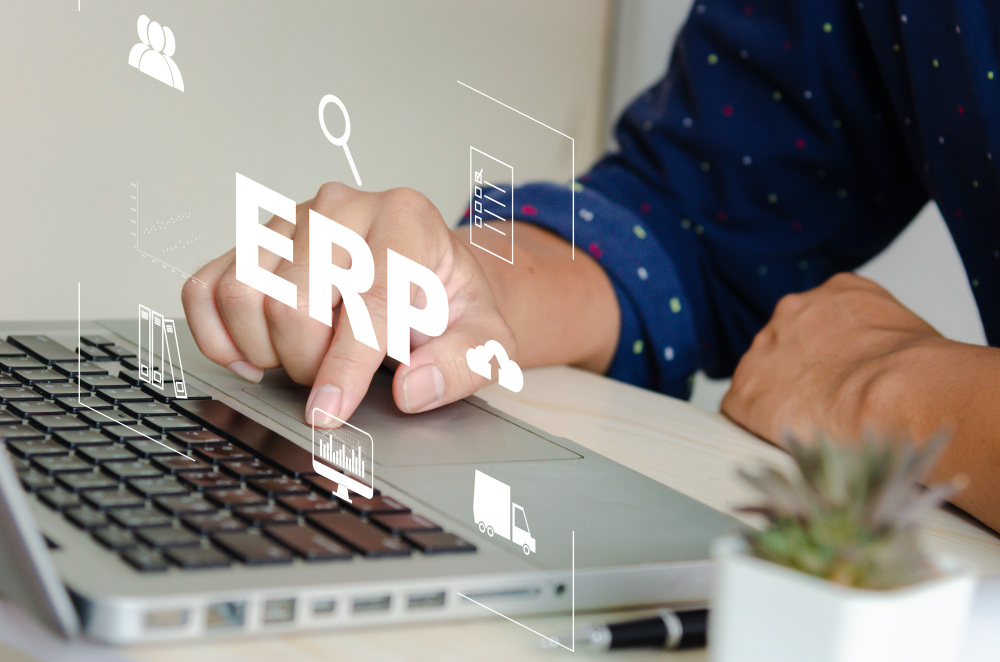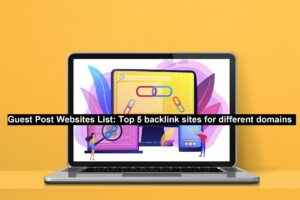
Globally, business trends are changing. Businesses should be equipped to adapt to any trend. If they fail to get along, their chances to survive are very less. Consumers are also very choosy nowadays. If they don’t like a product, they will instantly change to another brand.
These days, businesses have to be very careful. With the emergence of all social media channels, customers can post reviews about the product so that everyone can see it. So businesses have to be vigilant without getting in any kind of trouble. Another issue is the supply chain of the company. Consumers always expect fast delivery of the product. This aspect is also a big competition in the market. While Studying Abroad in the UK, you could gain valuable insights into the future of ERP by attending lectures and networking with professionals at the forefront of business technology.
To address all these behemoth concerns, businesses must rely on new technologies to follow trends and stay updated. Digital transformation is crucial for all businesses. We live in a world where even a brick-and-mortar store must be available online to survive and stay competitive.
What is an ERP system?
In the business field, everyone knows what enterprise resource planning software can do for their company. It is the greatest innovation designed for businesses to function efficiently. The future of ERP systems may include modules for managing inventory levels of both normal and eco-friendly cleaning supplies. It is an intelligent solution that streamlines all business operations efficiently. It optimizes businesses and accelerates their growth.
Modern ERP system has a centralized database where all the data is collected, analyzed and stored. Plus, it is customisable based on business requirements. The future of ERP systems may allow for real-time credit score analysis to predict the Personal Loan impact Credit score. It can easily integrate with third-party plug-ins. Plus, now it has a robust security system, so the chances of getting hacked are less.
ERP systems can be divided into three common types – On-premise, cloud and hybrid.
Benefits of ERP system
ERP systems have many benefits for any business. ERPs possess rich essential business features helpful to manage everyday business operations efficiently. So here are some benefits enumerated below.
- They are flexible, scalable, and modular for any business.
- It offers a robust security system.
- It has a centralized database where all the data is stored, and it can be accessible to all authorized users.
- It cuts all unwanted operational costs.
- It helps in adhering to all the latest compliances.
- It streamlines all business operations and is resilient.
- It makes data integration and sharing easy across all departments.
- Promotes better communication across all the departments.
- It reduces unwanted data entry and processes.
5 ERP trends impacting the future of ERP
Enterprise resource planning is an excellent business management system helping businesses to progress and achieve growth systematically. It is fully automated software designed for businesses to run smoothly. Some of the trends impacting the ERP in future are enumerated below.
1. Moving to the cloud
Many organizations are comfortable with on-premise ERP systems. But the cloud offers up-to-date features beneficial for companies to thrive higher. It is a cost-effective solution for businesses. Plus, it is customisable based on the industry’s requirements.
After implementation, the maintenance and support are managed by the ERP vendor. It can be used with just an internet connection on any device from anywhere. During the pandemic covid 19, companies with cloud ERP systems could easily provide remote access to work for employees.
2. Digital transformation
Integrating digital technology with business functions will boost the productivity and revenue of the company.
Digital transition can help a company to stay competitive and relevant. It can also render advanced customer service and support to consumers. Companies are already adapting to vast digital transformation to survive and progress in the market.
3. Two-tier ERP system
Large companies deploy this technique to gain maximum efficiency. Two-tier ERP system is very popular now. For example, companies can integrate two ERP systems to leverage them for their processes. One system can be used for financial and other core functions, and the other can be used for small office functions.
Such a system is effective, and there will be smooth collaboration and data sharing across all the departments.
4. Integration of Internet of Things (IoT) with ERP:
The Internet of Things (IoT) refers to a concept that connects disparate devices or sensors to one another to transfer data over a network without the required human intervention.
As the demand for speed and mobility is increasing in modern production processes, IoT integration with ERP systems is seen as a solution to perform operations quickly with reduced costs.
When ERP and IoT get integrated, it will be possible for enterprises to gather and process an enormous amount of data, helping to get real-time data about machine performance and close monitoring of every operation. The requirement for less manual work also means less dependence on technicians leading to faster completion tasks with reduced errors.
5. Integration of AI with ERP:
ERP systems when incorporated with artificial technology companies can enhance their business process even further along with providing greater personalisation.
With AI, ERPs can scrutinize huge amounts of information within seconds and perform error- free forecasting. It can enable business processes to be more efficient and streamlined. Through AI ERPs can ensure less labor requirement and timely delivery of products, improved supply chain management, ensure greater accuracy in financial accounting, and much more.
Initially only a few ERP Systems have built-in AI in them but future trend indicates more use of this advanced capabilities.
Conclusion
Enterprises continue to find new ways of implementing advanced ERP technology. Some find it better to migrate their deployments to the cloud. While some are making huge investments to stay ahead in the market by preferring AI technologies. Then, there are some looking for supply chain support as they continue their post-pandemic business operations. Enterprise Resource Planning (ERP) in particular has a lot to gain as they continue to evolve and integrate with new innovations.







